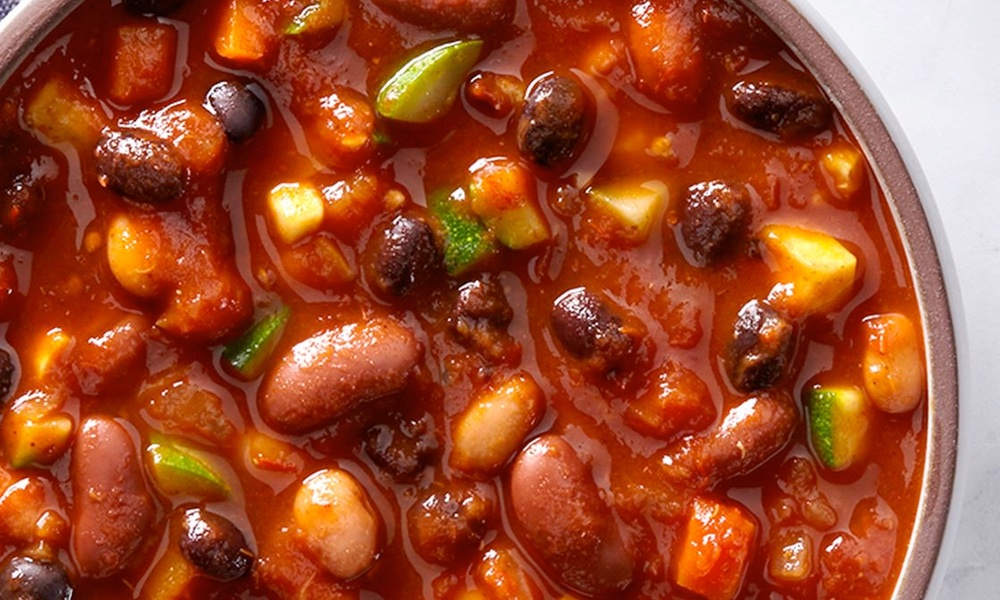If you've filled your cart with plant-based products thinking they're all heart-healthy, a new study may make you think twice and take a closer, more thoughtful, look.
When it comes to protecting your heart, it appears that how processed your food is matters as much as, or more than, whether it's plant-based or animal-based.
French researchers wanted to know: What happens when “plant-based” meets “ultra-processed”? The team, from Inserm (Institut National de la Santé et de la Recherche Médicale), Université Sorbonne Paris Nord and University of Lorraine, set out to better understand how food processing influences cardiovascular health.
Earlier studies have shown that eating large amounts of ultra-processed foods, which includes ready-made meals, sweetened beverages and packaged snacks, is linked to higher risks of heart disease. But plant-based foods are also often praised for lowering that risk.What happens to food before it hits your plate can matter as much as what kind of food it is.
To answer that question, they analyzed health data from nearly 64,000 adults enrolled in the long-running French NutriNet-Santé cohort. This is a study tracking diet and health outcomes over time. Participants completed detailed online questionnaires covering everything they ate and drank over the course of at least three days. The research team classified foods by:
- Source: plant-based or animal-based
- Nutritional quality: levels of fat, sugar and sweeteners, salt and key nutrients
- Degree of processing: unprocessed, minimally processed or ultra-processed)
Participants were followed for over nine years, and when the researchers compared their diets and health outcomes one result clearly stood out: the amount of processing was more important to overall health than a focus on plant foods.
Plant-based foods still offered substantial heart benefits, but only when left intact or minimally processed. Fruits, vegetables, legumes, nuts and whole grains prepared with little fat, sugar or salt had about a 40 percent lower risk of contributing to cardiovascular disease.
The plant-based advantage disappeared when those foods were ultra-processed, however. For instance, store-bought plant-based yet highly processed soups, readymade pasta dishes, packaged breads or bottled smoothies were not healthy options.
In fact, people eating large amounts of ultra-processed plant-based foods saw no reduction in cardiovascular risk compared to those consuming mostly animal-based diets. And those who relied heavily on low-quality, ultra-processed plant-based products such as chips, sugary breakfast cereals or plant-flavored sodas, had a 40 percent higher risk of heart disease.
“These results highlight the need to consider both the nutritional quality and the degree of processing and formulation of foods — alongside the plant-to-animal balance in the diet — in order to best assess the links between nutrition and cardiovascular health,” lead author Bernard Srour, of the Université Sorbonne Paris Nord and Université Paris Cité, as well as a postdoctoral researcher in the German Cancer Research Center, Division of Cancer Epidemiology, explained in a statement.
Here's the reason processing make such a big difference: Industrial processing often strips foods of their natural nutrients and fiber, while adding fats, sugar, salt and chemical additives to improve texture, flavor and shelf life. These changes can alter how the body metabolizes the food, even when the base ingredient is technically plant-based, potentially increasing inflammation and blood pressure, two key drivers of cardiovascular disease.Focus less on whether a product carries a “plant-based” label and more on how close it is to its original form.
These findings echo previous public health research showing that the NOV A classification system, which ranks foods according to their degree of processing, is a strong predictor of chronic disease risk. In other words, what happens to food before it hits your plate can matter as much as what kind of food it is.
If you're trying to eat for heart-health, this study offers practical guidance. Focus less on whether a product carries a “plant-based” label and more on how close it is to its original form. A homemade bowl of lentil soup or a bowl of slow-cooked oatmeal with fresh fruit, for example, will always beat an industrially-processed “vegan” snack bar filled with emulsifiers and added sugars.
In the end, the healthiest “plant-based' foods are the ones that look most like plants. If you can recognize what a food was when it grew, your heart will thank you.
The study is published in The Lancet Regional Health — Europe.





